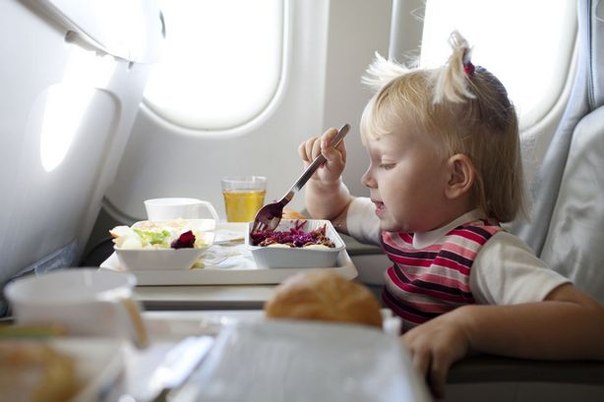There are increasing cases of food intolerance, but this shouldn’t affect us from travelling around the world. There are things people with food intolerance can do when they go to distant places.
One of the most important things is to take any medication with us when we go to a distant place. It could include natural or non-natural medications that match our requirements. In any situation, it is always good to be fully prepared. So, if we have any kind of medication that can get us through mild and moderate health conditions, then we should bring it along with us.

Even if it is only green teas to prevent bloating, we should bring it with us during our travel. For people who are sensitive with motion-sickness, it is a good idea to have anti-nausea bloating. It is especially true when we are travelling by ship or bus on climbing and winding road. In general, we should monitor how our stomach reacts to the surrounding and we should look for ways to less the impacts.
In some cases, we have limited food options and we don’t know whether we can eat safely. As an example, our options can be limited in small towns and airports. In this case, we should ask them about ingredients used.
However, there are times when our moods are at the best in this situation and we may need to ask help from friends or family members who travel with us. For people with GERD, it is important to avoid feeling too hungry and they need to consume enough food each day. Most airlines can provide us with enough food for long-duration trips. In this case, it should be a good idea to become a special member of the airline, so we could be given special privilege, such as enough food to avoid unfavourable symptoms. Some airline actually prepares food for people with some restrictions, such as peanut allergy.
In this case, we should be panic when there’s no vegan option and it is a good idea to ask the stewardess whether we can get special kind food. For the unprepared, travelling could feel like hard work, especially if we have specific dietary restrictions. If someone is accompanying, he/she should understand more about our dietary requirements. If we have digestion problems, they should also know about the severity of our conditions. The last thing we want from them is another rolled eyes when we reject too many restaurants in the destination area.
If we are planning to stay for more than a month in a country, we may consider renting an apartment with kitchen. This should give us an option to cook food suitable for our preferences. We would have more control on what we eat and cooking our own food is generally more affordable than eating out. In general, dietary restrictions don’t have to limit our travelling options and there should be many things we can do.























